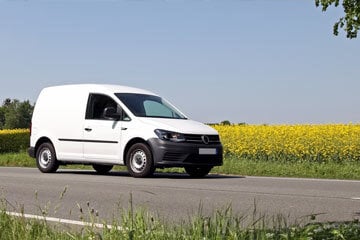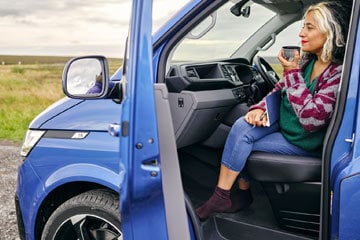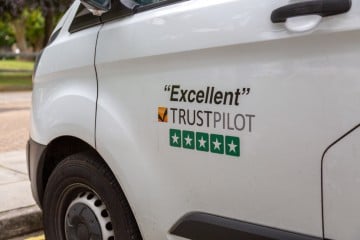"If you're an independent haulier, or if your business has exactly 1 heavy goods truck, truck insurance is what you're after. If you're looking to insure more than one heavy goods vehicle, then you're better off looking at fleet insurance.
Our partner, Quote Me Today, offers tailor-made cover that you can customise to meet your business needs. They even have former hauliers working for them so you know you're in safe hands."








